A good decision is based on knowledge and not on numbers
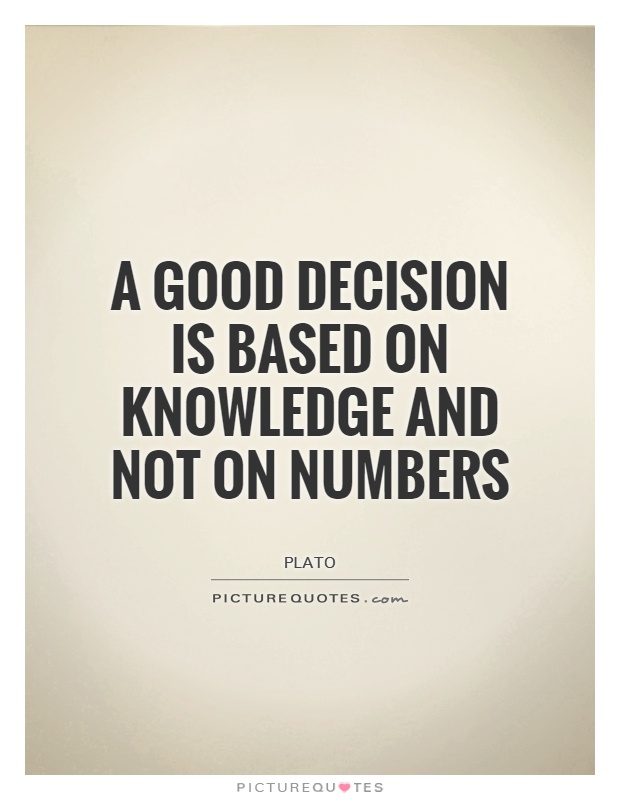
A good decision is based on knowledge and not on numbers
In the context of Plato's philosophy, the idea that a good decision is based on knowledge and not on numbers holds significant weight. Plato, a renowned Greek philosopher and student of Socrates, believed that true knowledge comes from understanding the forms or ideals that exist beyond the physical world. In his famous work, "The Republic," Plato explores the concept of justice and the ideal society, emphasizing the importance of wisdom and knowledge in making decisions.Plato argued that true knowledge is not based on empirical data or numerical calculations, but on a deeper understanding of the eternal truths that govern the universe. He believed that the pursuit of knowledge and wisdom was the highest goal of human existence, and that only through this pursuit could individuals make truly good decisions.
In Plato's allegory of the cave, he describes a group of prisoners who are chained in a dark cave, facing a wall where shadows are projected by a fire behind them. The prisoners mistake these shadows for reality, until one of them is freed and sees the true world outside the cave. This allegory illustrates Plato's belief that true knowledge comes from seeing beyond the illusions of the physical world and understanding the higher truths that lie beyond.


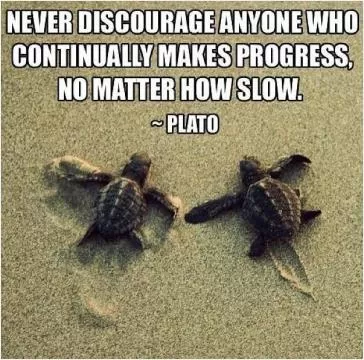

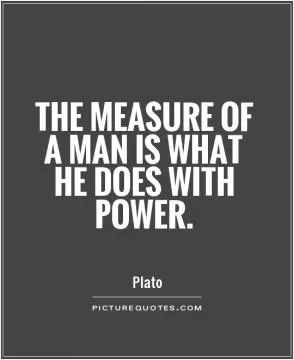
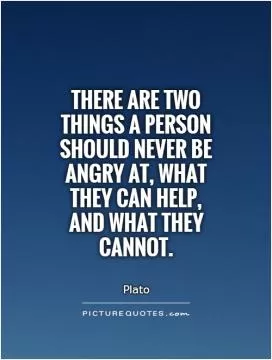




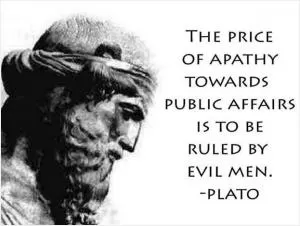

 Friendship Quotes
Friendship Quotes Love Quotes
Love Quotes Life Quotes
Life Quotes Funny Quotes
Funny Quotes Motivational Quotes
Motivational Quotes Inspirational Quotes
Inspirational Quotes